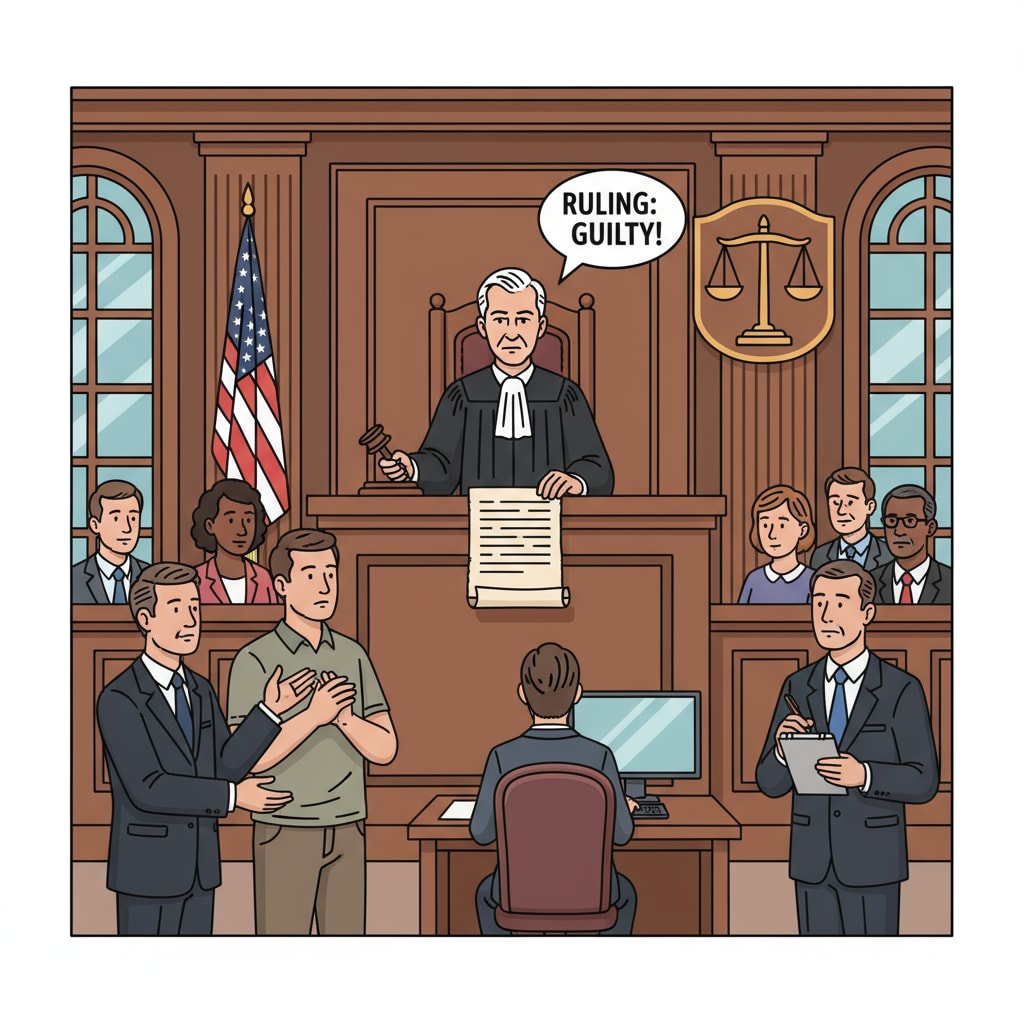The issue of LGBTQ+ books, the First Amendment, and the Department of Defense education system has recently taken a significant turn. A federal judge’s ruling has ordered the Pentagon’s school system to reinstate nearly 600 books and courses related to gender, race, and LGBTQ+ identities. This decision is not only a victory for educational freedom but also a significant moment in the ongoing conversation about the balance between diverse values and freedom of speech in K-12 education.

The Ban and Its Implications
The initial ban on these materials by the Pentagon had far-reaching consequences. It restricted the educational resources available to military children. These books and courses were a vital source of information, helping students understand different identities and cultures. Without them, students were being deprived of a well-rounded education. For example, books on LGBTQ+ identities could provide insights into the experiences of a marginalized community, fostering empathy and understanding among students. First Amendment on Wikipedia
The Judge’s Ruling
The federal judge’s decision was based on the belief that the ban might be in violation of students’ First Amendment rights. The First Amendment guarantees freedom of speech, religion, and the press, among other rights. In the context of education, it means that students should have access to a wide range of ideas and information. By restoring these books and courses, the judge is ensuring that military children can explore different perspectives and develop their own thoughts. First Amendment on Britannica

This ruling is not just about the books themselves. It sets a precedent for the importance of maintaining educational freedom in the Department of Defense education system. It shows that the government should not unduly restrict the knowledge available to students, especially when it comes to understanding diverse identities. As a result, military families can now look forward to a more inclusive educational environment for their children.
Readability guidance: The article uses short paragraphs to clearly present ideas. The list-like structure in each section helps summarize key points. Passive voice is used minimally, and transition words like ‘for example’ and ‘as a result’ are added to improve flow.


